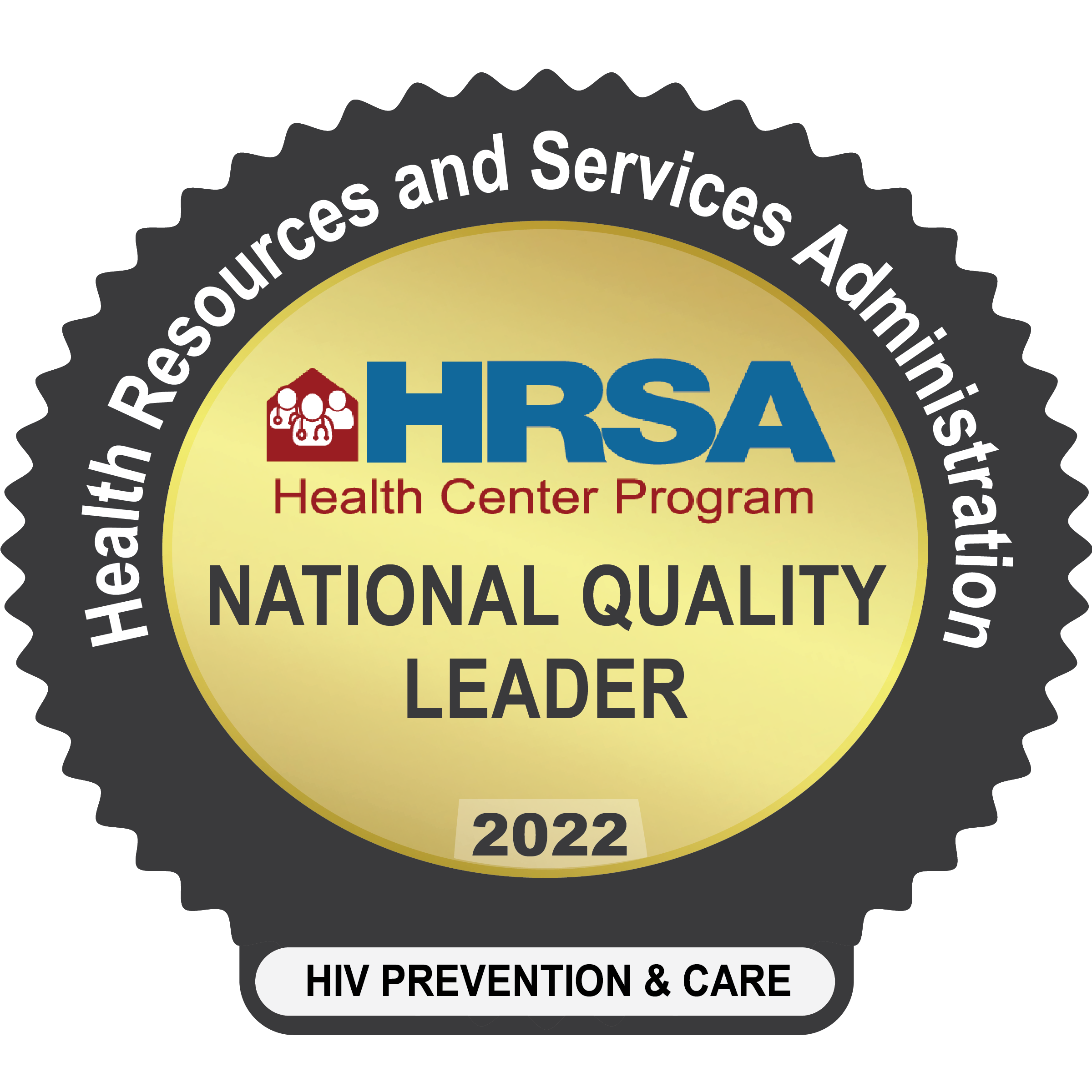Children are more likely to embrace healthy habits if they see their parents doing the same...
CRIAR NIÑOS SANOS: UNA GUÍA PARA PADRES PARA ABORDAR LA OBESIDAD INFANTIL
La obesidad infantil se ha convertido en un problema de salud pública acuciante en muchas partes del mundo. Ocurre cuando un niño tiene un exceso de peso corporal para su edad y altura, debido principalmente a un desequilibrio entre las calorías consumidas y las calorías gastadas. Abordar la obesidad infantil es una responsabilidad compartida entre padres, cuidadores, escuelas y proveedores de atención médica. Los padres, en particular, desempeñan un papel importante en la creación de un entorno que fomente hábitos alimentarios saludables y actividad física para sus hijos.
COMPRENDER LAS CAUSAS DE LA OBESIDAD INFANTIL
- Dieta poco saludable: el consumo excesivo de alimentos ricos en calorías y bajos en nutrientes, como bocadillos azucarados, comida rápida y bebidas azucaradas, puede provocar un aumento de peso.
- Falta de actividad física: los comportamientos sedentarios, como pasar demasiado tiempo viendo televisión o jugando videojuegos, pueden reducir los niveles de actividad física.
- Hábitos alimentarios familiares: los niños suelen adoptar los hábitos alimentarios de sus padres y familiares. Si en casa prevalecen hábitos alimentarios poco saludables, esto puede contribuir a la obesidad infantil.
- Genética: La genética puede desempeñar un pequeño papel en la propensión de un niño a la obesidad, pero los factores del estilo de vida tienen un impacto más significativo.
- Factores socioeconómicos: el acceso limitado a alimentos saludables y lugares seguros para jugar puede hacer que a algunos niños les resulte más difícil mantener un peso saludable.
CONSEJOS PARA QUE LOS PADRES PREVENGAN LA OBESIDAD INFANTIL
- Predicar con el ejemplo: Los padres deben modelar una alimentación saludable y estilos de vida activos. Es más probable que los niños adopten estos hábitos si ven que sus padres hacen lo mismo.
- Proporcione comidas nutritivas: Ofrezca una variedad de frutas, verduras, cereales integrales, proteínas magras y grasas saludables en las comidas familiares. Limite los refrigerios y bebidas azucarados.
- Establezca horarios de comidas regulares: fomente comidas y refrigerios regulares y equilibrados. Evite saltarse comidas, ya que puede provocar que coma en exceso más tarde durante el día.
- Control de porciones: tenga en cuenta el tamaño de las porciones para evitar comer en exceso. Utilice platos más pequeños y evite alentar a "limpiar el plato" si el niño ya está lleno.
- Limite las bebidas azucaradas: el agua debe ser la bebida principal. Limite o elimine las bebidas azucaradas como refrescos, jugos de frutas y bebidas deportivas.
- Fomente la actividad física: intente realizar al menos una hora de actividad física cada día para los niños y participe con ellos. Las actividades pueden incluir caminar, andar en bicicleta, practicar deportes y jugar activamente .
- Limitar el tiempo frente a la pantalla: establezca límites de tiempo frente a la pantalla, incluidos la televisión, los videojuegos y el uso de la computadora. Fomente actividades sin pantalla como leer, jugar al aire libre y juegos creativos.
- Cree un ambiente hogareño saludable: mantenga alimentos saludables disponibles y limite la presencia de refrigerios no saludables en la casa. Involucre a los niños en la preparación de comidas para enseñarles sobre opciones nutritivas.
- Chequeos periódicos: programe visitas periódicas al pediatra para controlar el crecimiento y desarrollo de su hijo. Discuta cualquier inquietud sobre el peso con un proveedor de atención médica.
- Fomente una imagen corporal positiva: Fomente una imagen corporal saludable y evite hacer comentarios negativos sobre el peso o la apariencia. Céntrese en la salud y el bienestar más que en la apariencia.
- Apoyar entornos escolares saludables: trabajar con las escuelas para abogar por opciones de comidas saludables y programas de educación física.
- Busque orientación profesional: si tiene dudas sobre el peso o los hábitos alimentarios de su hijo, consulte con un proveedor de atención médica o un dietista registrado para obtener orientación y apoyo.
Prevenir la obesidad infantil requiere un esfuerzo concertado por parte de los padres, los cuidadores y la sociedad en su conjunto. Al promover hábitos alimentarios saludables y un estilo de vida activo desde una edad temprana, los padres pueden influir significativamente en la salud y el bienestar de sus hijos durante toda la vida.
FoundCare ofrece servicios pediátricos en nuestro Palm Springs Health Center, Yolette Bonnet Center y Greenwood Health Center. Para obtener más información sobre nuestros servicios pediátricos, haga clic aquí.
Por favor, disculpe las posibles errores de traducción.
Childhood Obesity Awareness Month
Childhood obesity has become a pressing public health issue in many parts of the world. It occurs when a child carries excess body weight for their age and height, primarily due to an imbalance between calories consumed and calories expended. Addressing childhood obesity is a shared responsibility between parents, caregivers, schools, and healthcare providers. Parents, in particular, play an important role in creating an environment that supports healthy eating habits and physical activity for their children.
Understanding the Causes of Childhood Obesity
- Unhealthy Diet: Excessive consumption of high-calorie, low-nutrient foods, such as sugary snacks, fast food, and sugary beverages, can lead to weight gain.
- Lack of Physical Activity: Sedentary behaviors, such as spending too much time watching TV or playing video games, can reduce physical activity levels.
- Family Eating Habits: Children often adopt the eating habits of their parents and family. If unhealthy eating habits are prevalent at home, it can contribute to childhood obesity.
- Genetics: Genetics can play a small role in a child's proneness to obesity, but lifestyle factors have a more significant impact.
- Socioeconomic Factors: Limited access to healthy foods and safe places to play can make it more challenging for some children to maintain a healthy weight.
Tips for Parents to Prevent Childhood Obesity
- Lead by Example: Parents should model healthy eating and active lifestyles. Children are more likely to embrace these habits if they see their parents doing the same.
- Provide Nutritious Meals: Offer a variety of fruits, vegetables, whole grains, lean proteins, and healthy fats in family meals. Limit sugary snacks and beverages.
- Establish Regular Meal Times: Encourage regular, balanced meals and snacks. Avoid skipping meals, as it can lead to overeating later in the day.
- Portion Control: Be mindful of portion sizes to prevent overeating. Use smaller plates and avoid encouraging "cleaning the plate" if a child is already full.
- Limit Sugary Drinks: Water should be the primary beverage. Limit or eliminate sugary drinks like soda, fruit juices, and sports drinks.
- Encourage Physical Activity: Aim for at least one hour of physical activity each day for children and participate with them. Activities can include walking, biking, playing sports, and active play.
- Limit Screen Time: Set limits on screen time, including TV, video games, and computer use. Encourage non-screen activities like reading, playing outside, and creative play.
- Create a Healthy Home Environment: Keep healthy foods readily available and limit the presence of unhealthy snacks in the house. Involve children in meal preparation to teach them about nutritious choices.
- Regular Check-ups: Schedule regular pediatrician visits to monitor your child's growth and development. Discuss any concerns about weight with a healthcare provider.
- Foster a Positive Body Image: Encourage a healthy body image and avoid making negative comments about weight or appearance. Focus on health and well-being rather than appearance.
- Support Healthy School Environments: Work with schools to advocate for healthy meal options and physical education programs.
- Seek Professional Guidance: If you have concerns about your child's weight or eating habits, consult with a healthcare provider or registered dietitian for guidance and support.
Preventing childhood obesity requires a concerted effort from parents, caregivers, and society as a whole. By promoting healthy eating habits and an active lifestyle from an early age, parents can significantly influence their children's lifelong health and well-being.
FoundCare offers pediatric services at our Palm Springs Health Center, Yolette Bonnet Center, and Greenwood Health Center.
For more information about our pediatric services, click here.
SCHEDULE AN APPOINTMENT - CALL 561-432-5849
World Health Organization. (2021). Childhood overweight and obesity. https://www.who.int/dietphysicalactivity/childhood/en/
Centers for Disease Control and Prevention. (2021). Childhood Obesity Facts. https://www.cdc.gov/obesity/data/childhood.html
American Academy of Pediatrics. (2015). Preventing Childhood Obesity in Early Care and Education Programs. Pediatrics, 136(5). https://pediatrics.aappublications.org/content/136/5/e20153577
U.S. Department of Health & Human Services. (2021). Parent Tips: Healthy Eating and Physical Activity for Your Family. https://www.nhlbi.nih.gov/health/educational/wecan/downloads/tip-eating.pdf
American Heart Association. (2021). Preventing Childhood Obesity. https://www.heart.org/en/healthy-living/healthy-eating/childhood-obesity/parent-tips-preventing-childhood-obesity













